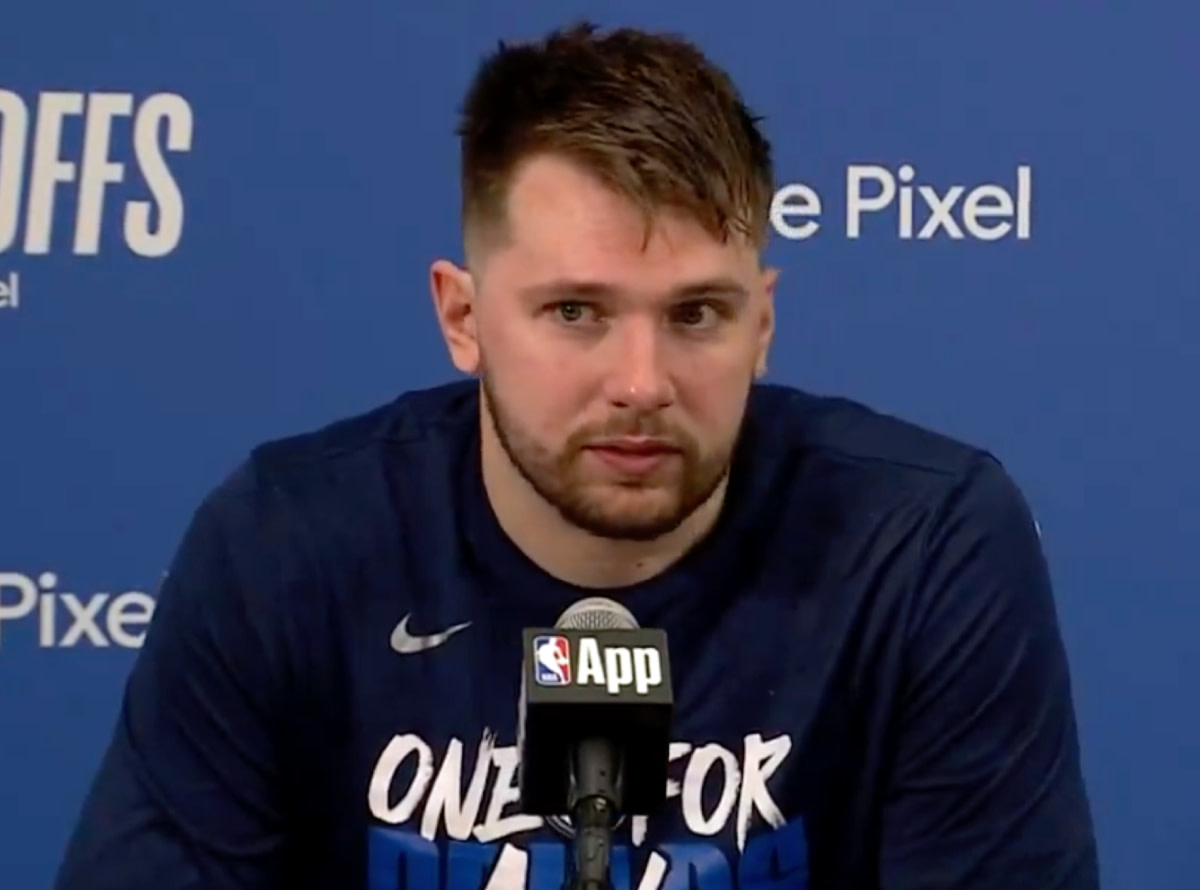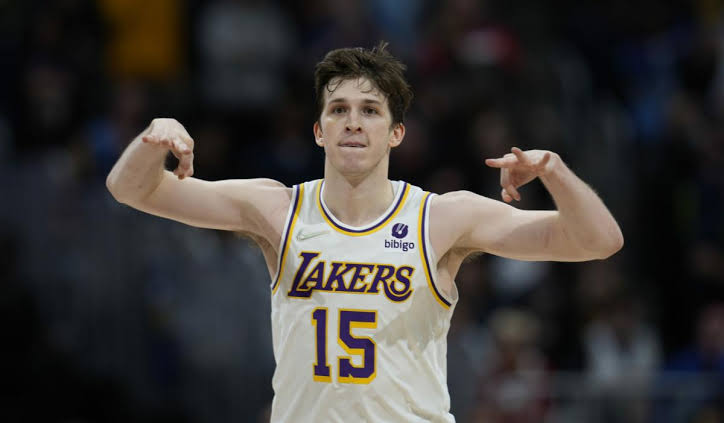The Los Angeles Lakers made headlines with a surprising move during the offseason, signing veteran point guard Chris Paul to a lucrative $140 million contract, which is typically associated with top-tier stars. However, the deal was structured as a veteran minimum contract, a clever maneuver under NBA rules that allowed the Lakers to secure Paul’s services without sacrificing their salary cap flexibility.
Chris Paul, widely regarded as one of the premier floor generals in the league, brings a wealth of experience and leadership to the Lakers. His ability to orchestrate offenses, distribute the ball effectively, and his defensive prowess make him a coveted asset for any team aiming to contend for a championship. Despite being in the latter stages of his career, Paul has maintained a high level of performance, consistently ranking among the league leaders in assists and steals.
For the Lakers, the decision to sign Chris Paul to such a deal represents a strategic move to bolster their roster. With stars like LeBron James and Anthony Davis already anchoring the team, adding a player of Paul’s caliber provides them with a formidable trio capable of competing at the highest level. The veteran minimum contract structure not only helps in managing the team’s finances but also demonstrates Paul’s willingness to prioritize winning over financial gain at this stage of his career.
Off the court, Paul’s leadership qualities are equally valuable. Known for his professionalism and work ethic, he is expected to mentor younger players on the Lakers roster, helping to cultivate a winning culture and cohesion within the team. His presence in the locker room could prove invaluable during the rigors of a demanding NBA season and in high-pressure playoff situations.
From a financial standpoint, the veteran minimum contract allows the Lakers to maximize their salary cap space, potentially facilitating further roster moves or acquisitions. This flexibility is crucial in the modern NBA landscape, where teams must navigate complex salary cap rules while assembling competitive rosters.
Critics of the deal may point to Paul’s age and injury history as potential concerns. At 38 years old, durability becomes a legitimate issue, especially considering the physical demands of an NBA season. However, Paul has shown resilience throughout his career, maintaining a high level of fitness and adapting his game to remain effective.
Ultimately, the Lakers’ signing of Chris Paul for a veteran minimum deal represents a calculated gamble aimed at solidifying their championship aspirations. If Paul can continue to perform at a high level and stay healthy, he could prove to be a pivotal piece in the Lakers’ quest for another NBA title. His experience, leadership, and basketball IQ make him a valuable addition to any roster, and the Lakers are banking on his contributions both on and off the court to propel them towards success in the upcoming season.



